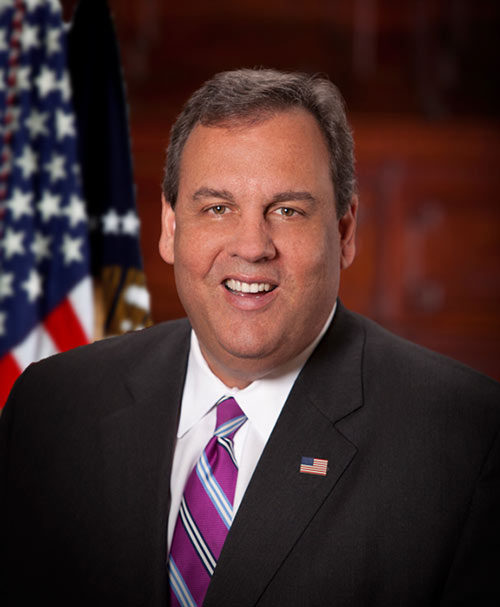“Opioid Crisis Response Act” Passes, Including Key Recommendations from Executive Chairman Chris Christie

The new legislation, authored largely by Senators Lamar Alexander (R-Tenn.) and Patty Murray (D-Wash.), passed with a rare and overwhelming display of bipartisan support—in a final vote of 99-1—and includes 70 provisions. Among them:
- Stricter controls to stop the illegal importation of fentanyl and other illicit drugs
- Research into non-addictive painkillers (as safer alternatives to opiates for pain management)
- Expanding telemedicine so that patients in rural areas can receive medication-assisted treatments like Suboxone, with the goal of closing the addiction treatment gap
- Greater latitude for the U.S. Drug Enforcement Administration to restrict the nation’s supply of opiate prescriptions when diversion is suspected
One Recommendation for Closing the Addiction Treatment Gap
Responding to the passage of the Opioid Crisis Response Act, Governor Christie applauded the Senate for its passage of the legislation. He also encouraged the further adoption of the “House version of the IMD waiver,” adding, “Nothing will open more treatment beds in the U.S.”
By “IMD waiver,” Christie was referencing an initiative to waive the “Medicaid Institutions for Mental Diseases” (IMD) exclusion, a federal rule which bars addiction treatment facilities with more than 16 beds from receiving Medicaid payments. (A limited version of the IMD waiver had originally been included in the House version of the bill and then was expunged in the Senate’s version.) Advocates like Christie believe that waiving the IMD will ensure that more people in need of inpatient addiction treatment can get it.
Why Inpatient Treatment Is Critical to Successful Recovery
Because of the high intensity of care offered within a safe and sober residential environment, inpatient treatment is the gold standard for treating opiate and other addictions. (Learn more about inpatient drug and alcohol treatment and why it is critical to recovery.) That makes the existing nationwide shortage of inpatient beds a direct and urgent barrier to recovery for lives that hang in the balance because of opiates and other drugs.
How Big Is America’s Addiction Treatment Gap?
Meanwhile, the treatment gap for people with opiate and other addictions remains lamentably large:
- Nearly 21 million Americans suffer from substance abuse, but only one in 10 receive treatment, according to data from the American Society of Addiction Medicine.
- And, while the treatment gap for mental health services is “universally large,” despite being “underestimated,” the World Health Organization (WHO) said in 2004 that alcohol abuse and alcoholism exhibited the widest treatment gap— a whopping 78 percent of people in need of alcohol treatment never getting it. (Since the publication of that bulletin by the WHO, rates of problem drinking and alcohol use disorders have only continued to rise in the U.S., with rates of treatment lagging far behind.)
In this context, the Opioid Crisis Response Act is no magic bullet for closing the addiction treatment gap and ending the opiate epidemic. Still, the law’s passage is a much-needed next step in the direction of more creative, comprehensive and ultimately effective solutions to a public health crisis of historic proportions.

